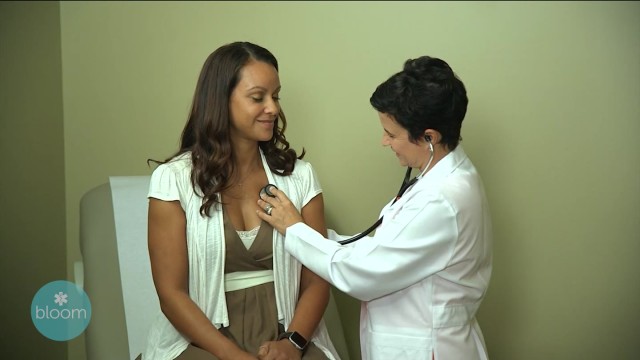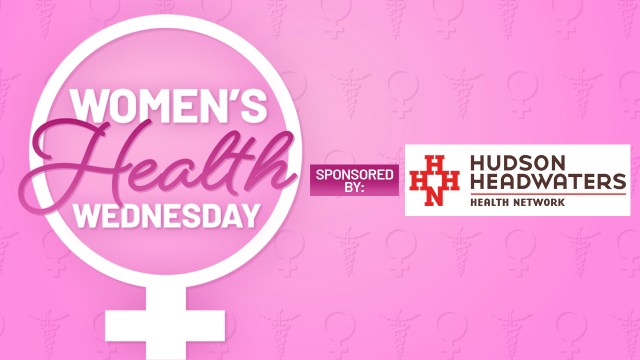
Support local journalism. A digital subscription is incredibly affordable and makes you the most informed person around. Click here and subscribe today.
National Women’s Health Week is celebrated every year in May.
As an African-American provider that has experience in both pediatrics and women’s health, I would like to take the time to encourage women and girls to make their health care a top priority.
As women, we play many roles including caregivers, educators and counselors, among others.
It is never too early to start promoting health practices among women, including preventive care, healthy eating, regular physical activity and mental health.
Women’s health preventive care includes the following screenings: Breast cancer, cervical cancer and sexually transmitted infection (STI), among others.
Previous Pediatrics in Brevard columns:
Autism awareness: Do you have Autism concerns with your child? Here’s what to know
Eat right: Proper nutrition important for kids from birth to high school graduation
Screen time: Now is the time to set device parameters as kids return to school
Self-breast exams and mammograms
Breast cancer screenings should start with simple self-exams.
It is recommended that all women should start self-breast exams at age 20.
Conversations between a health care provider and patient about self breast exams should occur during the adolescent years.
The purpose for adolescent self-breast exam is to learn what’s normal for their breast.
Breast cancer is the second leading cause of cancer death in women overall, but it’s the leading cause of cancer death in Black and Hispanic women.
Mammograms for breast cancer screenings should be done every two years starting at age 50, or age 40 for women who are considered high risk.
Cervical cancer screenings
Cervical cancer screenings consisting of pap smears start at age 21.
Cervical cancer is one of the most preventable types of cancer and about 2,000 African-American women are diagnosed yearly.
Sexually transmitted infection screenings
STI screening should be done at every visit starting in the adolescent years.
The STI infection rate among Black adolescents is 44%.
A healthy, balanced diet is a fundamental part of creating a healthy lifestyle.
A balanced diet includes at least five servings daily of fruits and vegetables, three servings per day of nonfat milk, two hours or less of screen time, one hour or more of physical activity, and zero servings of soda or juice.
Healthy eating can help prevent obesity, which is a direct link to other co-morbidities.
An average of approximately 28% of African-American children ages 6-11 are obese.
Last but not least, positive mental health is directly linked to improving overall health and well-being.
Sixteen percent of African-Americans have reported having a mental illness, including depression and anxiety.
With women being twice as likely to experience depression.
Since the pandemic, African-American children have reported worsening symptoms of anxiety and depression.
Ways to increase positive mental health is to make time to unwind by doing activities you enjoy, connecting with others, meditating and most importantly recognizing when help is needed.
If you are feeling overwhelmedwith emotions such as sadness, depression, anxiety, or feel like you want to harm yourself or others, please contact one of these helpful sources:
Tiffany Benson is a Family Nurse Practitioner for Pediatrics in Brevard working in the Rockledge office. Contact her at 321-636-3066.







